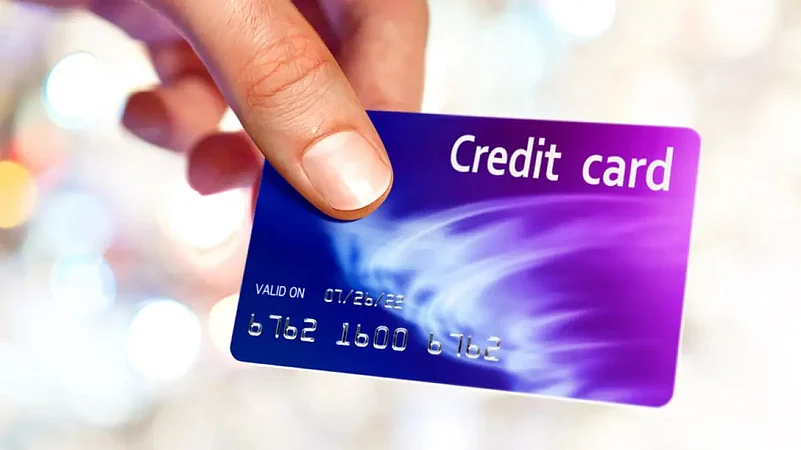Different credit card providers offer different reward points for transactions. Typically, credit card issuers offer reward points for expenses on shopping and utility bill payments. However, some utility expenses, such as rent payments, may not qualify for reward points.
Credit card issuers calculate reward points through a system known as the merchant category code (MCC) in tandem with merchant discount rates (MDR) which figures out where the cardholder has swiped and instantly determines the suitable rewards applicable.
How MCC Affects Credit Cardholders
MCC is a factor that many cardholders may not be aware of. However, it can play a key role in deciding the fee or MDR that an individual would pay and the rewards points they will earn on their credit card transactions.
Also, many users may not be aware that a wrong MCC categorisation can result in increased MDR, and the cardholder might end up receiving fewer reward points
What is MCC
MCC is a four-digit number utilised by credit card providers to determine the services or products offered by a business. The International Organisation for Standardisation (ISO) dedicates a few codes, which play a significant role for both consumers and businesses, as they affect the MDR.
What is MDR
MDR is the fee implemented by payment gateway providers to merchants for accepting credit or debit card payments. MDR percentages are usually assessed based on the MCC of a business, as the MDR is different for various categories of products.
Usually, payment gateway providers charge around 1 per cent MDR for businesses that fall under the category of educational services, and around 1.3 per cent for grocery stores. The MDR is lower for businesses that are considered low-risk.
What Happens If a Business Has the Wrong MCC
Credit card issuer networks, including Visa, Mastercard and Amex dedicate MCCs to merchants on the basis of their business categories. However, providers may make a mistake while assigning MCC to a business. This usually happens if the merchant has given wrong information about their businesses and products.
An inaccurate MCC can impact a merchant as well as their customers, and eventually affect the reward points on transactions. A wrong MCC can result in a consumer losing big time on reward points, too. If there is a discrepancy in the MCC, the customer should first reach out to the credit card provider. In case they find the response unhelpful, they can raise a complaint with the banking ombudsman.












